This year, the theme is Only One Earth. The theme is designed to remind people, governments, business and organisations all over the world that our planet is precious, and we need to protect it.
It reminds us of the increasing importance of finding more sustainable ways of living and so this is the perfect opportunity to get your students thinking about sustainability.
Many of our geography school trip destinations offer the opportunity to explore various aspects of sustainability, so if you are interested in adding an element of this to your geography school trip, please don’t hesitate to contact us.
Below are a few examples of some of the sustainability-focused activities available in some of our geography destinations.
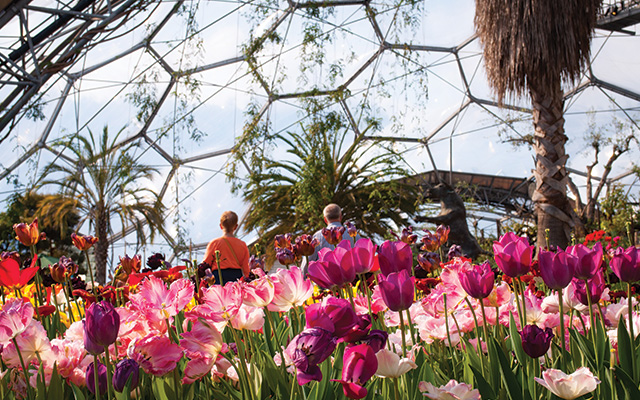
You don’t have to go far to learn about the importance of sustainability. A school trip to Cornwall offers several excellent visits and activities around this theme.
At the Eden Project, there are a number of curriculum-linked workshops with a focus on sustainability. One includes looking at the Eden Project’s own green credentials and comparing them to their own school and their own lives. Another sees students investigate the sustainability stories hidden in their lunchboxes. There are also workshops available on climate change and biodiversity.
You can also choose to visit one of the visitor centres of SUEZ Cornwall, to find out how they’re reducing the amount of waste going to landfill by recycling and converting any waste leftover after recycling into enough energy to power 21,000 homes!
And you can even participate in a self-led beach clean in St. Ives, giving your students the opportunity to leave the local environment in a better state than when they arrived.
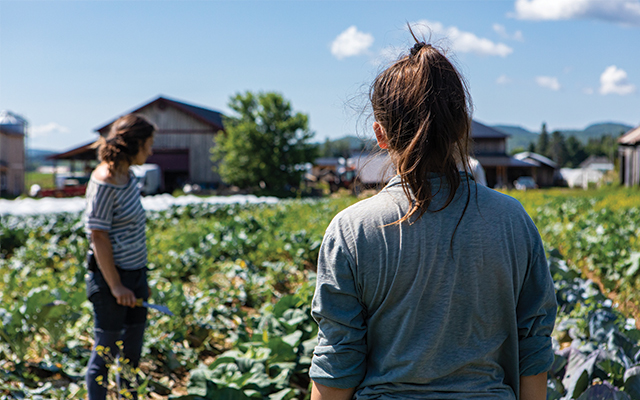
We know what you’re thinking, how on earth can a city like Dubai, with all its well-documented excesses, be considered a good place to learn about sustainability?
Certainly, in 2006, a damning report by the World Wildlife Foundation found the UAE to be the country with the largest economic footprint per capita, mainly because of its carbon emissions.
But since then, Dubai and the UAE as a whole, has turned over a new leaf. By 2050, Dubai is aiming to reach 75% clean energy and it’s already investing heavily in renewable energy, green building and mass transit.
On a trip to Dubai, your students will love exploring the Emirates Bio Farm, the largest organic farm in the United Arab Emirates. Here, your students will learn more about sustainable agriculture.
And they’ll also love the opportunity to explore the wonderful Al Hefaiyah Mountain Conservation Centre. Here, wastewater is treated in a sustainable way, using reed beds.
And this, in turn, has created a flourishing ecosystem that your students can explore on a guided tour.
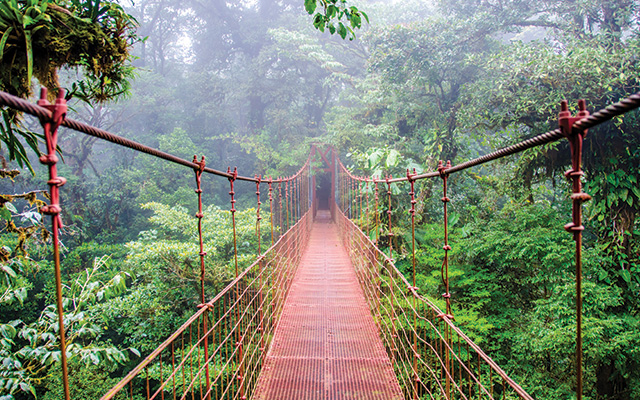
Costa Rica is a world leader in sustainability and, in particular, eco-tourism. Despite its relatively small size, it is home to around 5% of the earth’s biodiversity, so it’s no wonder the Costa Ricans are so keen to protect this.
The National System of Conservation Areas covers around 25% of the country. And in 2021, Costa Rica was one of the winners of the inaugural UN-backed Earthshot Prize. This was in recognition of how far the country has come in terms of its efforts to reverse historic damage to its environment, largely caused by deforestation and its commitment to sustainable development.
On a school trip to Costa Rica, your students will explore how this translates to the tourist’s experience of Costa Rica. For example, you’ll visit some of the conservation areas, including Caño Negro Wildlife Refuge, in the Arenal Huetar Norte Conservation Area, which is an important wetlands site that’s home to many endangered species, including cougars, jaguars and ocelots!
And your students will love exploring the iconic Monteverde Cloud Forest, which is famous for its biodiversity, conservation and contributions to scientific research.
Here, they’ll find that the tourist accommodation usually favours green practices, that the local farmers tend towards organic agriculture and that the local community are very committed to promoting reforestation.
You’ll also be able to visit the historic Casona Río Fortuna, the elegant home of former president Rafael Yglesias Castro. Here, you’ll experience local traditions and the music and arts of the local people. Plus, your visit will help pay for scholarships for local rural school children. These scholarships ensure that these children stay in school and don’t have to work in the fields.
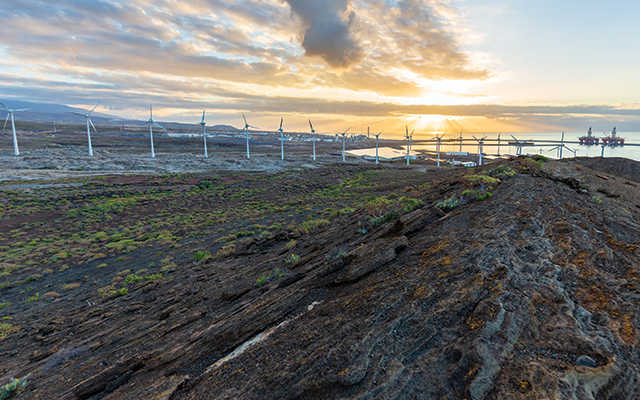
Tenerife is another destination that takes sustainable tourism seriously. In fact, just last year it was awarded the Biosphere certification as accreditation of its status as a sustainable destination.
One of the highlights of a geography school trip to Tenerife in terms of sustainability is a visit to the Casas Bioclimaticas. This sustainable housing development uses renewable energy from solar panels and wind turbines, meaning that none of the 24 houses emits any carbon emissions. It’s hoped that this development will inspire future projects across the Canary Islands.
Your students will also have the opportunity to see the human impact on the local environment with visits to a banana farm and the curious Piramides de Guimar.
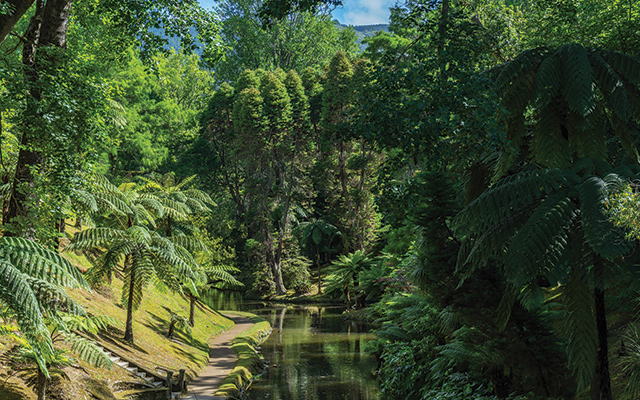
In December 2019, the Azores became the first archipelago to be certified under the EarthCheck Sustainable Destination programme.
The archipelago keeps development to a minimum, with just 5% of the archipelago’s territory being urbanised. And its regional government and many local businesses have made commitments to sustainability that mean the Azores’ spectacular natural environment is one of the best protected on earth.
On your geography school trip to the Azores, as well as exploring the natural environment and discovering the fascinating geology, your students will love a visit to the Furnas Monitoring and Research Area, which is pivotal in the protection and recovery of ecosystems on the archipelago.
As well as being an important research centre, it is also an important educational hub, helping visitors to better understand the geodiversity, biodiversity, hydrology and culture of the archipelago.
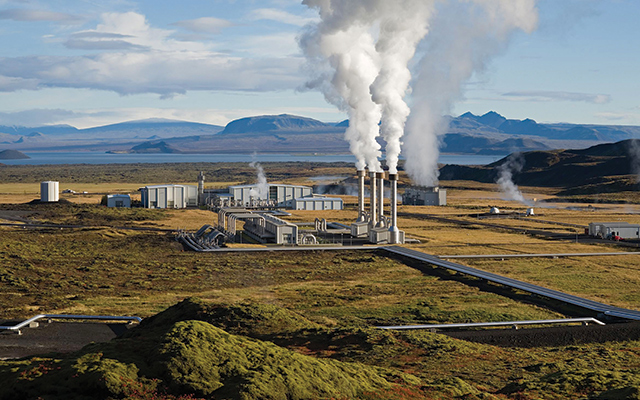
Iceland is so famous for its natural landscape that it should really be no surprise that this is another destination where locals take sustainability incredibly seriously. In fact, Iceland has committed to reaching carbon neutrality by 2040 and to be fossil-fuel-free by 2050.
And, of course, Iceland is already a world leader in renewable energy – in fact, it already covers 90% of its primary energy needs with renewables, with 100% of electricity and heating provided by geothermal energy and hydropower.
Excitingly, on your geography school trip to Iceland, your students will be able to visit the Hellisheidi Geothermal Power Station where they’ll learn more about this.
Plus, with a visit to Hveragerdi greenhouse village, your students will learn how geothermal energy powers the country’s greenhouses, where Icelanders are able to grow produce like tomatoes that would otherwise need to be imported.
Ready to book your trip?
Please don’t hesitate to contact us for further information or to request a tailor-made quote.